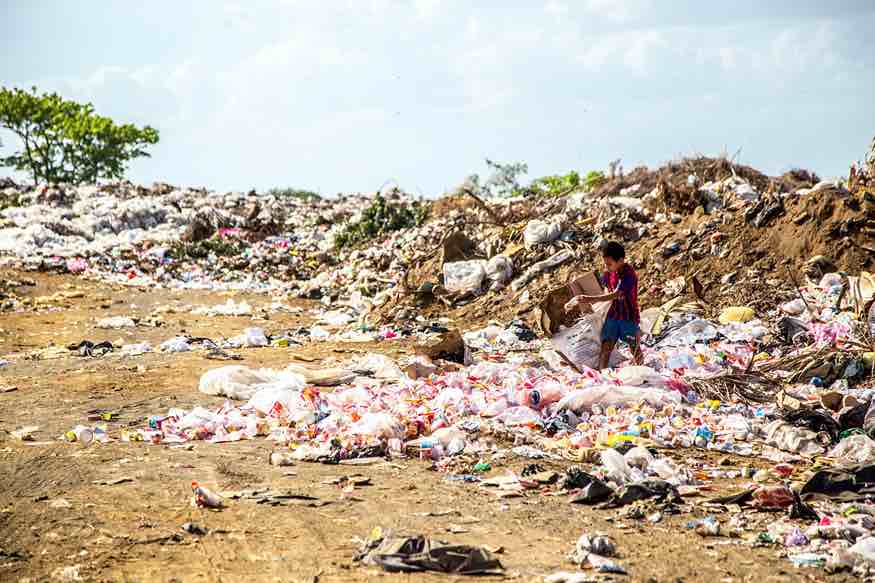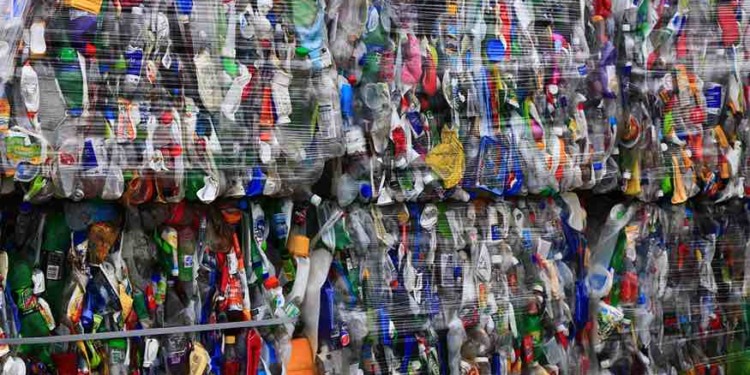In March, at the United Nations Environment Assembly (UNEA) in Nairobi, Kenya, UN member states adopted the historic resolution to “End Plastic Pollution,” paving the way for the establishment of the first global, legally-binding plastic pollution treaty.
"In March, the global community agreed to establish a legally binding treaty to end plastic pollution. To deliver on this goal, the treaty needs to cover all issues of plastics chemicals as an inseparable part of the problem," writes this #LetterToScience: https://t.co/v5C85S3UmH pic.twitter.com/w087sdSZnW
— Science Magazine (@ScienceMagazine) November 29, 2022
“We’re making history today and you should all be proud […] With today’s resolution, we are officially on track for a cure,” UNEA President Espen Barth Eide said at the time, with some UN delegates describing the resolution as “the most important environmental deal since the 2015 Paris Climate Conference.”
While the resolution was adopted in March, the negotiations on the global plastic pollution treaty began this week in Uruguay with the aim of “addressing the production, design and disposal of plastic around the world.”
Countries have begun to discuss a future global plastics treaty which would cut pollution, some hope entirely by 2040, at U.N. talks in Uruguay this week, with many states calling for curbs on plastic production as a way to reach that goal. https://t.co/72RaLKvi0D
— Reuters Science News (@ReutersScience) November 30, 2022
The treaty is expected to be finalised by the end of 2024.
Why do we need a global plastic pollution treaty?
No matter what solutions we try to implement around the world, plastic pollution only worsens. According to a recent report by the Organization for Economic Cooperation and Development (OECD), the globe is creating twice as much plastic garbage as it did 20 years ago, with just around 9% of it being properly recycled.

The majority of the plastic gets dumped in landfills, burned, or leaked into the environment. When it’s thrown away, it breaks down into smaller pieces called microplastics, which have a disastrous impact on the world’s ecosystems.
Microplastics have been identified in food, drinking water, human blood, and, most recently, human breast milk.
Related Articles: Plastic Recycling: Ditch it or Improve it? | New UN Treaty Focused on Plastic Pollution | 4 Ways to Reduce Plastic Pollution | Seven Out of 10 People Want Binding Global Rules to End Plastic Pollution, Survey Finds
Present plastic pollution regulations vary from one nation to another and have different degrees of success. Most laws, however, focus on single-use plastic and ensure that recyclable materials are utilised rather than rapidly disposed of.
For example, single-use plastic items, including cotton swabs, cutlery, and plates, are outlawed in the European Union while PVC food trays and polystyrene containers are prohibited in New Zealand. In Kenya and Bangladesh, the focus was on outlawing plastic bags.
Federal legislation governing the use of single-use plastics is absent in countries with significant pollution problems, such as the United States. However, plastic waste – whether it is exported to foreign landfills or washed into the ecosystems of other countries – has global effects.
As UNEA President Espen Barth Eide put it at the UNEA meeting in March, “[p]lastic pollution has grown into an epidemic.”
What will be discussed in the negotiations?
Other than the negotiations that will “address the production, design and disposal of plastic around the world,” not much is known at the time of writing as to what will be discussed in particular.
Campaigners are calling for the global treaty to include bans and limitations on new materials as the manufacturing of virgin plastic grows. This implies that the economy would need to reevaluate consumption, giving greater weight to the prevention and reduction of plastic waste than to recycling or disposal.
”There’s been division between countries who are actively searching for a solution and those who are reluctant to change,” said Franz Perrez, Switzerland’s Ambassador for Environment.
Despite not having full support from all nations around the world, a recent World Wildlife Fund (WWF) poll found that there was overwhelming public support – seven out of ten people – for a global ruling to end plastic pollution.
As US delegation head Monica Medina explained:
“This is only the end of the beginning, we have a lot of work ahead of us, but it is the beginning of the end of the scourge of plastic waste for this planet.”
Editor’s Note: The opinions expressed here by the authors are their own, not those of Impakter.com — In the Featured Photo: Bales of plastic packaging of all kinds lined up together. Featured Photo Credit: Nareeta Martin.










